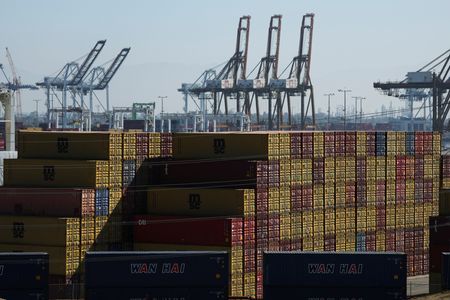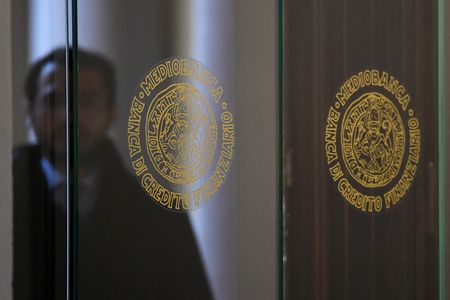PRAGUE (Reuters) -A high-voltage power line that snapped at the start of a major power outage in the Czech Republic on Friday was not over-burdened at the time, grid operator CEPS said on Thursday, adding it was still investigating the cause.
The outage hit about million customers, halted hundreds of trains, and shut down industrial sites including a major oil refinery. It also added to concerns about the vulnerability of European power grids after recent outages in Spain and Britain.
Giving details about the sequence of events that affected the central European country’s power grid – which is also linked to neighbouring countries – CEPS said the problem appeared to start at 11.51 a.m. (0951 GMT) when a cable on the 400 kilovolt V411 line in north-west of the country snapped.
The reason for this is still under investigation, but there was no third-party interference, CEPS Chairman Martin Durcak told a news conference.
The grid is designed to cope with such a failure and should not disintegrate, he said.
However, the incident was followed less than two minutes later by the failure of unit 6 of the Ledvice power plant in the north of the country, which was running at around 300 megawatts.
“We are looking into this with our colleagues (from Ledvice owner CEZ), if there is any causality,” Durcak said.
At 11.59 a.m., network operators were forced to turn off the 200 kilovolt V208 high-voltage power line in the centre of the country after it became over-burdened, and after that an eastern substation failed together with the V401 high-voltage link.
This created breaks in the grid, with insufficient power production across the north-east of the country and parts of the centre, and then the outage.
The affected area included nine of the country’s 45 substations, and about one sixth of all customers.
All substations were back up within three hours, CEPS said, and by 10 p.m. the snapped cable was fixed.
The grid was carrying large, but routine cross-border flows, as traders bought power from abroad due to lower prices there.
(Reporting by Jan LopatkaEditing by Mark Potter)










